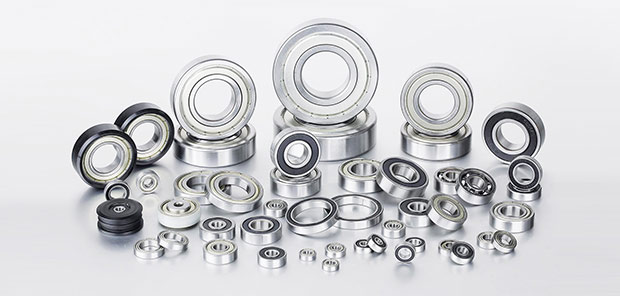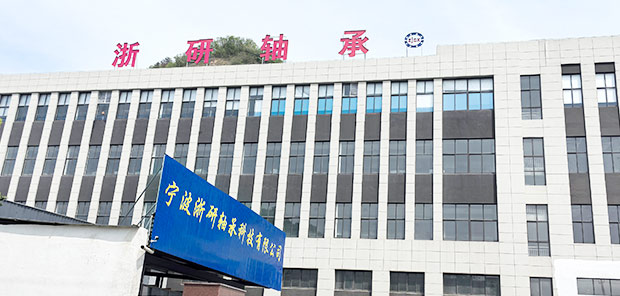1. Insufficient or improper lubrication
The quality, type and amount of lubricant added have a direct impact on the bearing cage. Improper lubrication can cause excessive friction inside the bearing, aggravate the wear of the cage and eventually lead to damage. Common lubrication problems include insufficient lubricant, excessive lubricant or the use of unsuitable lubricants.
2. Foreign matter enters the bearing
If there are impurities such as dust and iron filings in the bearing, the cage may be impacted or worn by these foreign matter during operation, resulting in excessive local stress, deformation or even fracture of the cage.
3. Improper installation
Misalignment, excessive assembly force or knocking during installation will have an adverse effect on the cage. Excessive installation stress can cause the cage to deform, which in turn affects the normal operation of the bearing and eventually leads to cage damage.
4. Overload or impact load
If the bearing is subjected to excessive load or frequent impact load during operation, the cage will crack, deform or break due to excessive force. Especially when the axial load exceeds the standard, the cage is prone to failure.
5. Excessive centrifugal force caused by high-speed operation
When running at high speed, the centrifugal force on the cage will increase rapidly, causing it to be subjected to excessive stress, especially when the material strength is insufficient or the cage design is unreasonable, it is easy to cause damage.
6. Vibration and imbalance
When the bearing is working in the equipment, if the equipment has vibration or rotational imbalance, the cage will be subjected to additional dynamic stress, causing fatigue or premature failure. Vibration also affects the distribution of lubricants and accelerates cage wear.
7. Material defects or fatigue
If the material quality of the cage is not up to standard or the design is defective, fatigue cracks will occur during long-term operation, eventually leading to cage fracture. Insufficient toughness of the material itself will also accelerate the damage process.
8. Excessive temperature
When the bearing works in a high temperature environment, if there is no proper cooling or lubrication, the strength of the cage material may decrease, resulting in deformation, wear and even fracture. Especially when the temperature is too high and the lubricant fails, the wear rate of the cage will accelerate.







